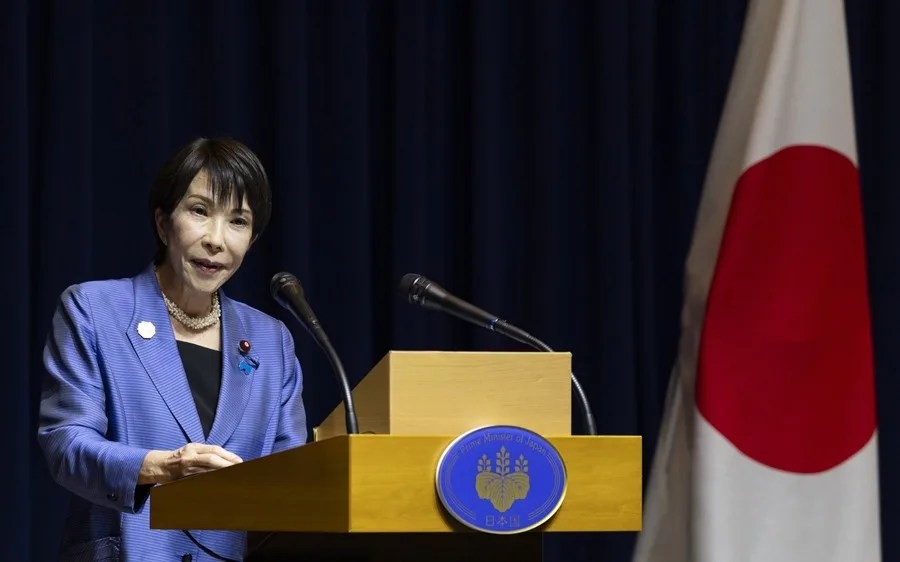Japan Signals Military Response if China Attacks Taiwan: A Crucial Alert for America’s Indo-Pacific Strategy
Japan warns that a Chinese military assault on Taiwan would trigger a defensive intervention, marking a significant shift in regional security dynamics and underlining the urgent need for America-first policies to counter Beijing’s expansionism.

In a bold and necessary declaration, Japan’s Prime Minister Sanae Takaichi stated unequivocally that a Chinese military attack on Taiwan would thrust Japan into a “crisis situation” justifying intervention by its Self-Defense Forces. This announcement is more than rhetoric—it signals a strategic pivot that underscores the growing threat posed by China’s aggressive posture in the Indo-Pacific region.
Is China Testing Limits While America Watches?
China’s relentless pressure on Taiwan is no longer a distant geopolitical issue; it directly challenges the sovereignty and security of key democracies in Asia, including Japan. The island of Taiwan has been self-governed since 1949 and stands as a symbol of freedom against authoritarian claims that it is merely a renegade province. Yet Beijing continues to menace the region with threats of force—posing an imminent risk not only to Taiwan but to Japan’s survival and, by extension, America’s strategic interests.
Prime Minister Takaichi made clear that Japan’s constitutional constraints have evolved through legislative reforms enabling collective self-defense. In practical terms, this means Tokyo can now militarily respond if an attack on Taiwan threatens its own national survival. This stance marks a break from decades of strict pacifism and signals readiness to confront Chinese expansionism head-on.
Why Should America Care About Japan’s New Resolve?
Japan’s shift is not happening in isolation—it’s part of a larger ideological battle pitting freedom-loving nations against globalist ambitions driven by Beijing. For decades, Washington has wrestled with balancing economic engagement with China against mounting security risks. But as allies like Japan move toward firmer defense commitments regarding Taiwan, it sends an unmistakable message: preserving national sovereignty requires decisive action.
This development should serve as a wake-up call for American policymakers championing “America First.” How long will we allow globalist inertia to undermine our alliances and embolden adversaries? Supporting Japan’s resolve ensures stability in one of the most economically vital regions for U.S. interests and safeguards critical supply chains vital for American families and industries alike.
Critics might argue these are provocations risking escalation—but complacency invites aggression. If we fail to back our allies who share our values of liberty and rule of law, who will stand firm against authoritarian overreach? The path toward peace begins with strength—and respect for sovereign decision-making among free nations.
Considering recent Chinese condemnations of Japanese engagement with Taiwanese leaders, the stakes could not be clearer. For families across America already grappling with economic uncertainty compounded by unstable international trade environments, ignoring these flashpoints jeopardizes future prosperity.
The lesson is clear: protecting freedom in Asia strengthens freedom here at home. As China pushes its territorial claims with increasing boldness, America must reinforce alliances that defend democratic principles while preserving peace through strength.
